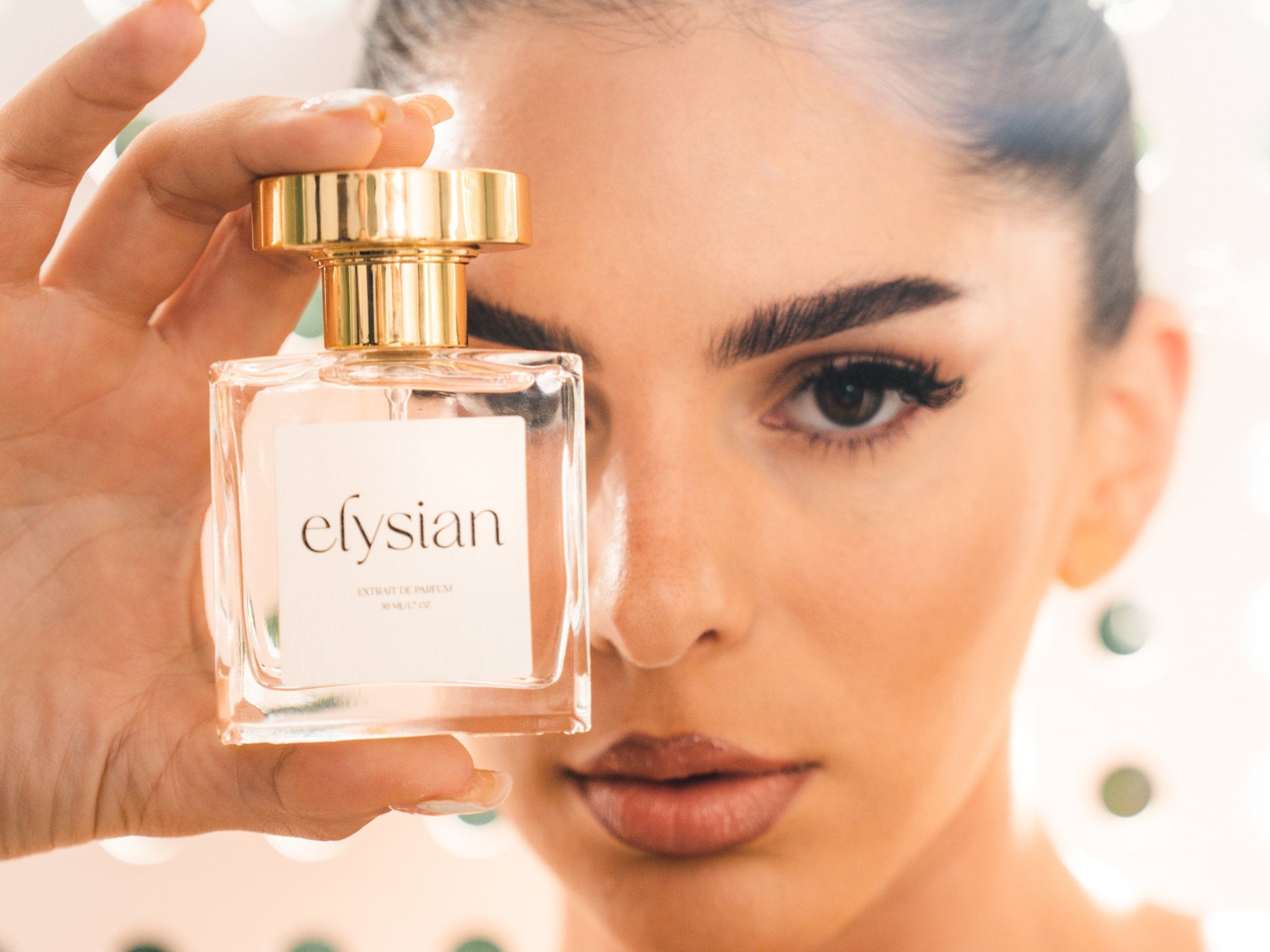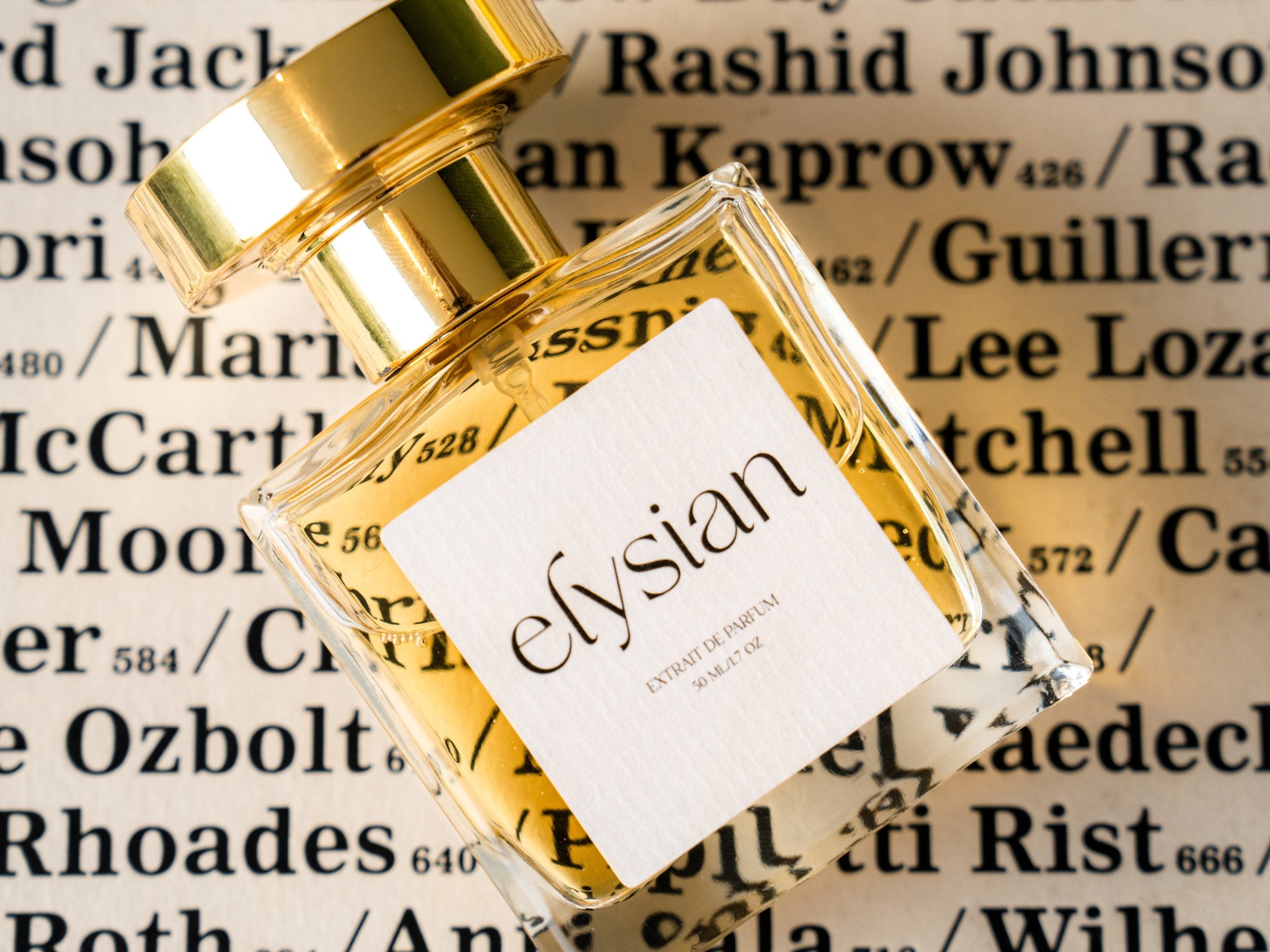Perfume has a unique and powerful ability to evoke memories and emotions, often transporting us to specific moments in our past with just a single whiff. This fascinating connection between scent and memory is rooted in the biology of our brains and the cultural significance of fragrance throughout human history. Understanding this bond can enhance your appreciation of perfume and its role in our lives. Here, we delve into the science behind scent and memory, explore personal and cultural experiences, and provide tips on how to use this connection to enrich your life.
The Science of Scent and Memory
The connection between scent and memory is largely due to the way our brains process smells. When you inhale a fragrance, the olfactory receptors in your nose send signals directly to the olfactory bulb, which is part of the brain’s limbic system. This system is also home to the amygdala and hippocampus, regions that play key roles in emotion and memory, respectively.
This close proximity and direct pathway mean that scents can trigger emotional responses and memories more rapidly and vividly than other sensory inputs. This phenomenon is known as the “Proustian memory,” named after French writer Marcel Proust, who famously described how the smell of a madeleine cake dipped in tea brought back a flood of childhood memories in his novel “In Search of Lost Time.”
Personal Connections
Perfume’s ability to evoke personal memories is profound. A specific fragrance can remind you of a loved one, a special event, or a particular place. For example, the smell of roses might remind you of your grandmother’s garden, while the scent of ocean air could transport you back to a memorable beach vacation.
These personal connections can also be intentional. By choosing a signature scent or wearing a particular fragrance during significant life events, you can create new associations and memories linked to that scent. Later, simply smelling that perfume can bring back the emotions and experiences of those moments.
Cultural Significance
The connection between perfume and memory extends beyond the personal to the cultural. Different cultures have their own traditional scents and rituals associated with fragrance. For instance, the use of incense in religious ceremonies or the tradition of applying specific oils and perfumes for celebrations and rites of passage.
In many cultures, certain scents are also linked to specific seasons or festivals. The smell of pine and cinnamon might evoke memories of Christmas for some, while the aroma of jasmine might be associated with summer festivals in other parts of the world. These cultural scent memories are shared among communities and can strengthen collective bonds and identities.
Using Perfume to Enhance Memory
Given the powerful connection between scent and memory, you can use perfume intentionally to enhance your life and create lasting memories. Here are a few tips on how to do so:
-
Create Signature Scents: Choose a signature scent for different aspects of your life. Wear a specific fragrance for everyday use, and select distinct perfumes for special occasions. This way, you can create scent associations that help you recall those moments more vividly in the future.
-
Scent Your Environment: Use candles, diffusers, or incense to introduce specific scents into your living space. This can create a comforting and memorable atmosphere that you and your loved ones will associate with home.
-
Scent Your Travels: Bring a travel-sized bottle of your favorite perfume or a new fragrance on your trips. The scent will remind you of your adventures and the places you’ve visited whenever you wear it later.
-
Mark Milestones: Celebrate significant life events with a new perfume. The scent will become a part of your memories of that occasion, helping you recall the joy and excitement of the moment.
-
Use Scent for Relaxation: Certain fragrances, such as lavender and chamomile, are known for their calming properties. Using these scents during stressful times can help you relax and create a sense of peace, which you can revisit whenever you smell those fragrances again.
The Emotional Power of Scent
Perfume’s ability to evoke memories is closely tied to its emotional impact. Scents can elicit a wide range of emotions, from happiness and nostalgia to comfort and tranquility. This emotional power is why perfumes are such a cherished part of our lives. They can uplift our spirits, boost our confidence, and provide a sense of comfort during challenging times.
Understanding the emotional and memory-evoking power of perfume can help you choose fragrances that resonate with you on a deeper level. When selecting a perfume, consider not only its scent but also the emotions and memories it might evoke. This personal connection will make the fragrance more meaningful and enjoyable to wear.
The connection between perfume and memory is a testament to the profound impact that scent can have on our lives. From the science behind how our brains process smells to the personal and cultural significance of fragrance, perfume has the unique ability to evoke powerful memories and emotions. By understanding and harnessing this connection, you can enrich your life and create lasting memories with the scents you love.
Explore the world of fragrances and discover how they can enhance your experiences, evoke cherished memories, and connect you to moments both past and present. Whether you’re building a perfume wardrobe or simply enjoying your favorite scent, remember that each fragrance holds the power to transport you to different times and places, making every moment a little more memorable.


